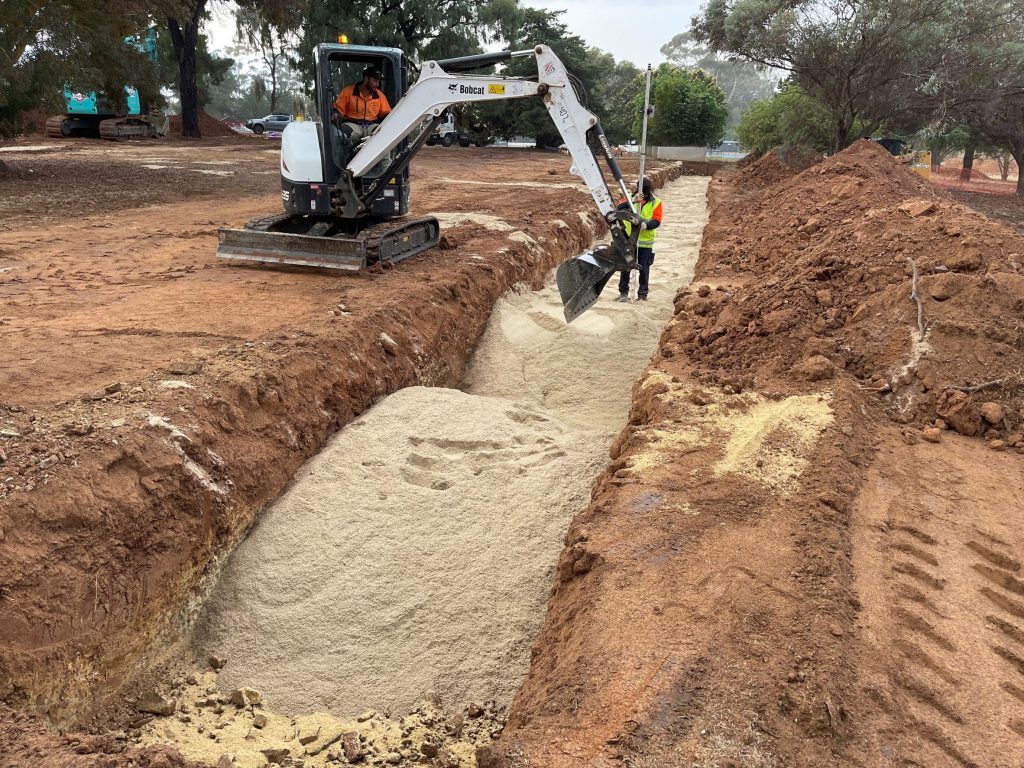Video
Harnessing nature for wastewater
Learn how passive and low-input wastewater systems utilise cutting-edge technology, providing various benefits for wastewater treatment
About
Hear from Ben Kele, Co-founder and Director of Arris Water, a company specialising in on-site and decentralised water treatment and recycling systems, as he discusses passive and low-input wastewater systems including:
- What are passive and low-input wastewater systems?
- Why opt for a passive and/or low-input wastewater system?
- What water quality do they generate?
- An Australian passive/low input wastewater system case study.
More information below.
Presenters
Dendra Best
WasteWater Education 501(C)3
Dendra is an experienced Executive Director with over 20 years of experience in the water and wastewater industry. She is a member of the Water Environment Federation and its Hawaii affiliate and has ... Read more
Natalie Wolfe-Rackemann
Arris Water
Natalie has varied experience in the mining industry, as well as conducting environmental surveys in freshwater systems.
Key skills include:
Knowledge of freshwater systems and Drinking Water ... Read more
Richard Williamson
Arris Water
Richard is an accomplished sales management and business development professional with over 12 years of working experience in the wastewater industry.
Richard actively works with our residential an... Read more
Jacqueline Frizenschaf
Water Research Australia
Jacqueline has been in the water resources and water quality business for over 25 years. After completing degrees in hydrology and water resources engineering in Germany and the USA, her professional ... Read more







